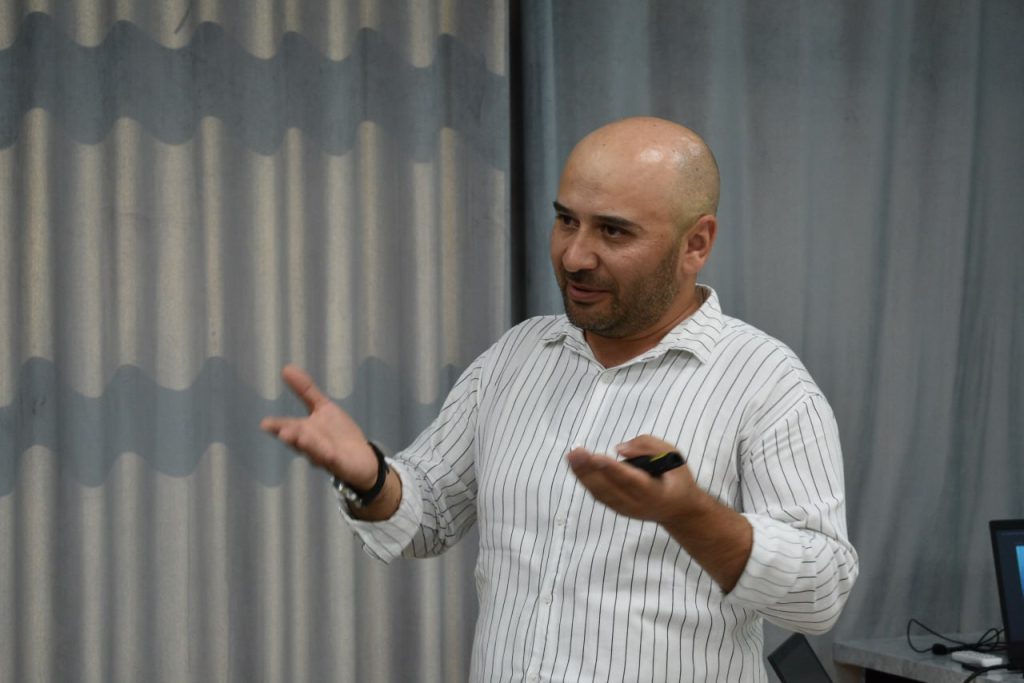The Office of Civil Freedoms in Tajikistan has initiated efforts to protect personal data in the country through a strong collaboration with the Global Network Initiative (GNI) and Ranking Digital Rights (RDR). This effort, part of the Greater Internet Freedom (GIF) project, seeks to engage the government, business sector, and society in a concerted drive to enhance digital rights in the country.
The protection of personal data in Tajikistan has become a pressing issue in recent years, particularly as the government intensifies its control over digital activities. A significant development in this area was the introduction of the Law on Personal Data Protection, aimed at regulating how personal data is collected, processed, and stored. Despite its promise, the implementation of this law has been slow and marred by a lack of awareness among both the population and key stakeholders.
In a bid to address these challenges, the Office of Civil Freedoms has launched various initiatives to raise awareness and promote best practices in data protection.
“The awareness among stakeholders about personal data protection is weak, and there is no robust implementation mechanism for this legislation,” explains the Head of Legal Department and a lawyer at the Office of Civil Freedoms, Khurshed Qurbonshoev.

Under the GIF project, the Office of Civil Freedoms uses various tools to raise awareness and to reach a broad audience and educate the population about data protection.
The recommendations from the “Ranking Digital Rights In Central Asia” report have been instrumental in shaping their advocacy efforts.
“We are creating content based on the findings and recommendations of the RDR report to promote personal data protection and privacy,” Qurbonshoev explains.
Based on the findings of the RDR report, the Office of Civil Freedoms managed to achieve one more significant milestone – signing a Memorandum of Partnership with the National Association of Small and Medium Business Enterprises in Tajikistan. This memorandum aims to enhance human rights compliance within Tajikistan’s business sector.
“The partnership started when we presented the RDR report findings in Tajikistan. The association and its members showed interest in adopting the recommendations to improve their policies and attract investments,” Qurbonshoev recounts the process.
The Office of Civil Freedoms has also succeeded in engaging government agencies in the dialogue on personal data protection. The newly created Agency on Innovations and Digital Technologies, along with the Ombudsman on Human Rights, has shown willingness to collaborate on improving the implementation mechanisms for the personal data protection law.
“These agencies are open to collaboration and ready to help improve the regulation of personal data protection,” Qurbonshoev says.
At the heart of these efforts is a triangle of partnership involving the government, business sector, and society, facilitated by the Office of Civil Freedoms. This approach focuses on a bottom-up strategy where societal demand for rights protection drives changes in policies and practices.
“We are trying to convince the government to improve regulations, help businesses adopt human rights-compliant policies, and raise awareness among the population about their rights online,” Qurbonshoev explains.
The GIF project has provided a valuable platform for exchanging ideas and best practices among over 100 organizations working in 39 countries.
“Being part of the GIF Consortium has given us access to GNI and RDR methodologies and resources, which have been crucial in our advocacy efforts,” Qurbonshoev remarks.
The efforts of the Office of Civil Freedoms, supported by GNI and RDR, represent a significant step towards enhancing digital rights and personal data protection in Tajikistan. By fostering a collaborative environment among the government, business sector, and civil society, as well as society in general, they are paving the way for a more secure, inclusive and free digital future in the country.
“Our main target is society, because if there is demand from the general population, the government and businesses will have to respond,” Qurbonshoev concludes.
